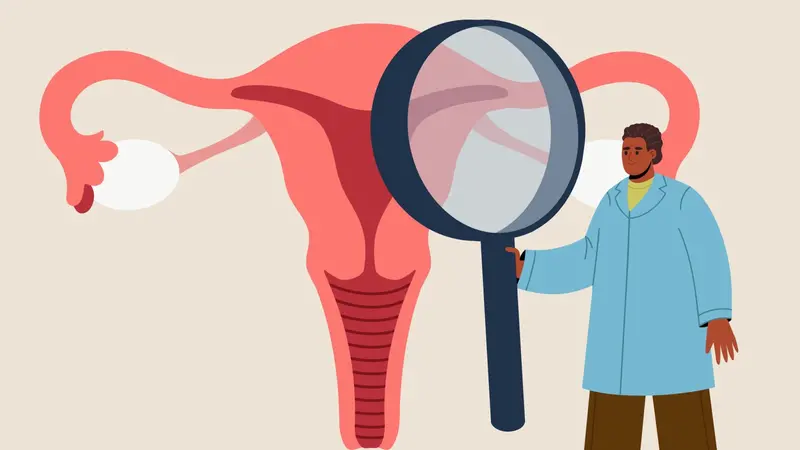

WELLthier Living and Aging

WELLthier Living and Aging
First U.S. At-Home Pap Smear Alternative Approved
For many, the traditional Pap smear is not just uncomfortable—it’s a painful, invasive procedure that can discourage timely cervical cancer screening. Using a metal device called a speculum, the test can be particularly distressing or even traumatizing for some patients, especially survivors of sexual assault. While the screening helps diagnose more than 13,000 cases of cervical cancer annually in the United States, nearly a quarter of women are behind on these critical tests. There are also disparities among groups of women being screened. The National Cancer Institute reports that non-Hispanic White women, Asian and Hispanic women were more likely to be overdue for screening, as were women who lived in rural areas, lacked insurance, or identified as LGBTQ+.
In response to longstanding concerns about discomfort and accessibility, Teal Health, Inc. developed the Teal Wand—a patient-centered, at-home cervical cancer screening device designed with women’s experiences in mind. The wand allows individuals to self-collect vaginal samples using a swab, which are then mailed to a lab to test for the human papillomavirus (HPV), the virus that causes nearly all cervical cancers.
A U.S.-based clinical study found that the at-home screening method using the Teal Wand was as effective as a clinic-based Pap smear. The nationwide trial included over 600 participants and was designed to reflect the demographic makeup of the U.S. population. The study confirmed that self-collected samples using the Teal Wand accurately detect early-stage cervical precancers. Among study participants, 94% preferred the self-collection method, and 86% reported they would stay up to date with screenings if given access to this option—suggesting strong potential to improve adherence and advance efforts to eliminate cervical cancer in the U.S.


 By
By






